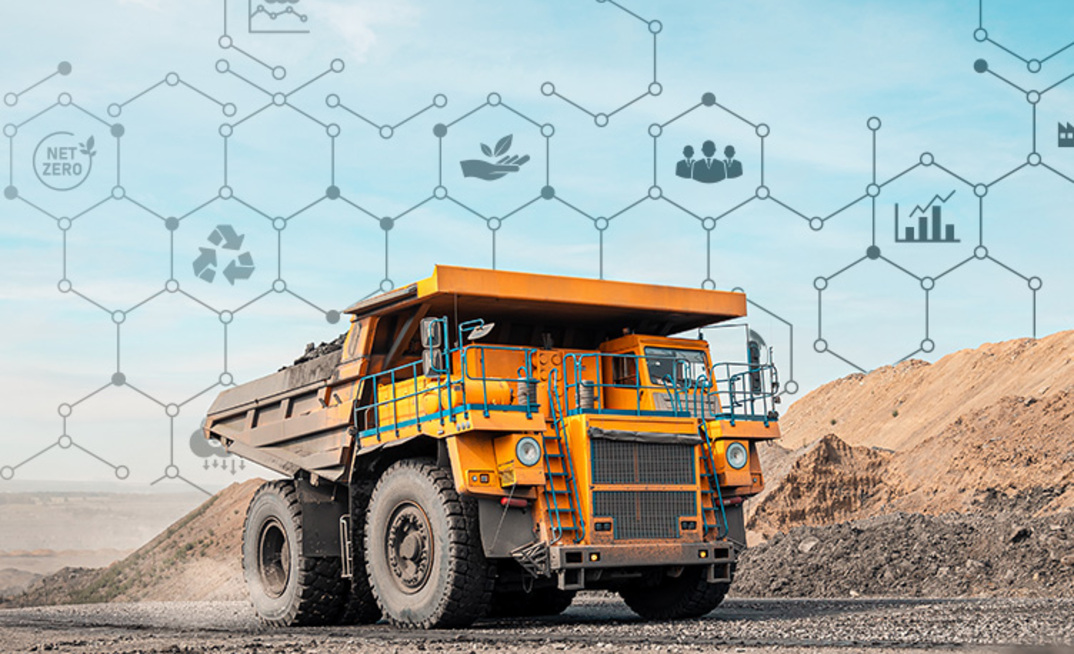Decarbonisation action has been swift-paced in terms of policy, new terminology and rising levels of complexity. This action brings increased focus on climate disclosures and accuracy of the associated reporting of carbon reduction measures, resulting in newly introduced greenwashing penalties across most major share markets. This market turmoil is matched by similar patterns within many organisations where there is limited alignment across the broader operation as to what decarbonisation measures and practices actually mean for each asset and the overall corporate structures.
Net Zero, carbon neutrality, greenhouse gases, carbon equivalents and climate risks - what do all of these terms mean? A quick google search of the term Net Zero alone brings approximately 1,750,000,000 results, at the time of writing, and a quick scan of these indicates a highly variable definition. This leads to a couple of interesting questions. How do we make business decisions in such a variable and fast-paced regulatory environment and how can mining professionals and organisations educate themselves on these concepts with limited time and when online search provides everything but a clear answer?
It's now everyone's responsibility to be carbon literate and understand what they can do to contribute to a sustainable future in not only professional contexts, but in their personal lives. From my experience, there are a few key concepts that professionals in the extractive industry should delve into, to be able to contribute to the conversation. The following topics will support individuals to become empowered when speaking about their own ideas about Net Zero, decarbonisation and climate risks.
Understanding the global scale of physical and transitional climate risks
The world, the environment and the economy has always been in a state of transition, however it is the rapid pace of these changes making it more challenging than ever before for individuals and organisations to navigate the policy landscape surrounding climate change. Aside from the policy and economics, we have more visibility than ever to see how this is playing out in real-time across our industry and the world. This view of changing physical risks to our operations and communities, such as flooding and heatwaves helps us to understand how we can leverage off existing processes and available information about anticipated climatic patterns to build resilient operations.
Net Zero as a concept
Individuals in the extractive industry should be able to differentiate between Net Zero, carbon neutral and decarbonisation planning. The three lead to the same point in a low carbon operating environment but use different philosophies and policy guidance to reach these points. It's important to understand these various ideologies to determine which is best for your organisational structure and future strategies.
Sources of emissions
The critical concept here is understanding that there are key greenhouse gases that we focus upon, and we use the term "carbon" to collectively refer to these gases. We categorise our emissions as being scope 1 (directly within our operational activity), 2 (electricity, heat or steam for our operations) or 3 (upstream or downstream supply chains and uses). If you consider the downstream concept, you will quickly come to the realization that mining is in everyone's scope three and therefore our industry and its suppliers have become a significant point of focus in the carbon reduction conversation.
Business as usual but not as we know it
Whether we like it or not, climate and carbon have become a core concept that will continue to influence how we operate. Mining is central to this low-carbon future and our industry has and will continue to influence the broader world in terms of setting the standard for climate and carbon action in the future. We have the ability to design resilient operations, supply chains and communities that can not only survive but thrive in a more sustainable world.
By broadening our horizons and understanding what organisations all over the world are doing we can identify the tools and opportunities within this new political and physically aware operating environment. Add to this an awareness of technology, changing market patterns and circular economy we open the dialogue about what the future might hold for our businesses and can embed financial, environmental and social resilience into our organisations.
RPMGlobal has recently launched the industry's first accredited Carbon Literacy for Miners course, offering a day's worth of learning that enables all individuals to gain an understanding of this global climate dialogue specific to our industry. The course, developed specifically for professionals interfacing the extractive industry, delves into the key concepts mentioned above and empowers individuals to develop their carbon action. The training is certified by the Carbon Literacy Project's globally unique, award-winning and UN-acknowledged program. RPM is now accepting expressions of interest, register here https://rpmglobal.com/training-course/carbon-literacy-for-miners-cl4m/#contact
ABOUT THIS COMPANY
RPMGlobal
With origins dating back to 1968, we have proudly delivered premier consulting and advisory services to the global mining industry for more than 50 years.
MAIN OFFICE:
- Level 14, 310 Ann Street Brisbane QLD 4000 Australia
- Web: www.rpmglobal.com/
- Email: info@rpmglobal.com
- Phone: +61 7 3100 7200

























